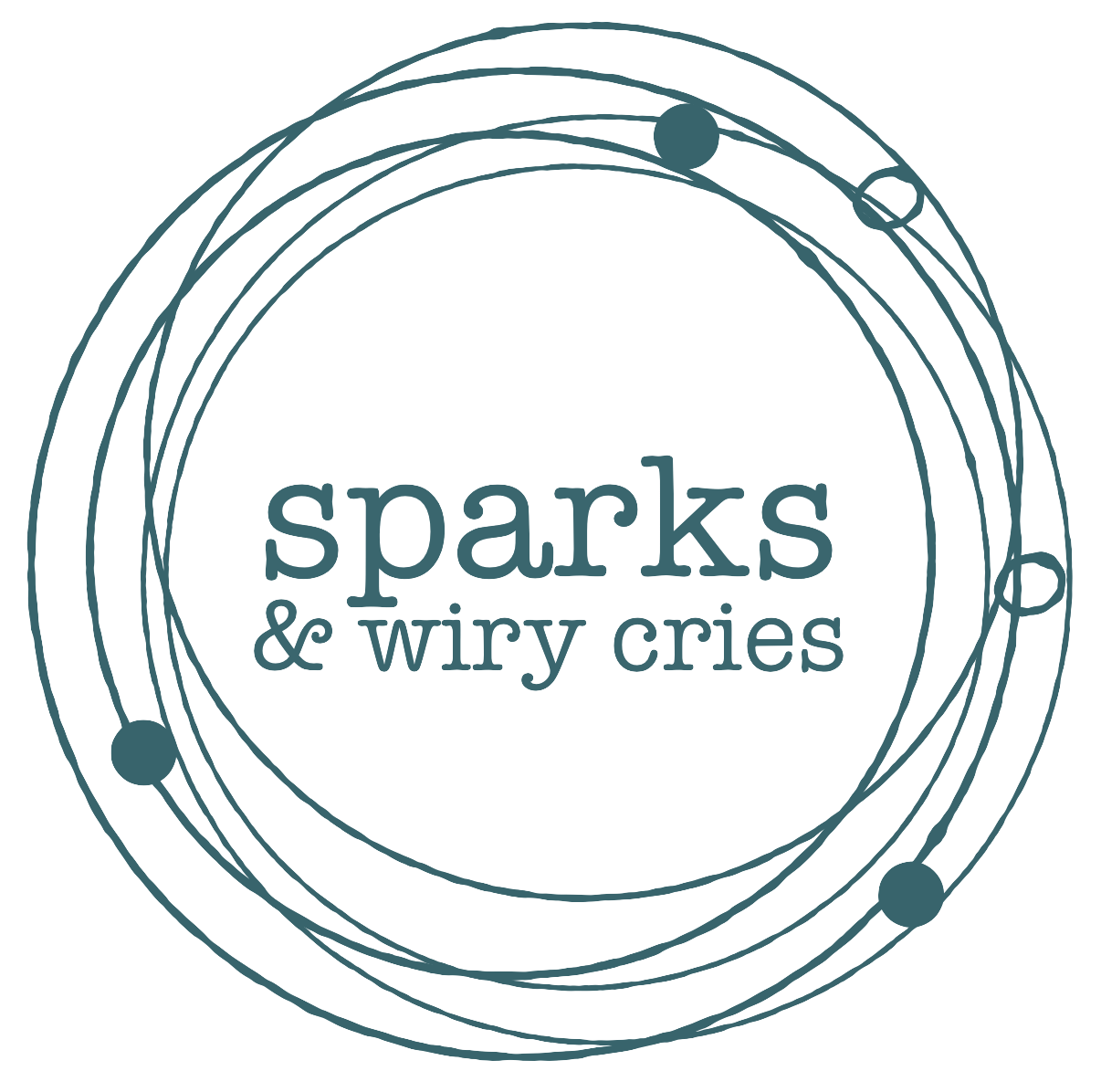ELIZABETH McDONALD on PLANGERE PUBLISHING
A few years ago at a National Association of Teachers of Singing (NATS) Ontario Chapter meeting in Toronto, I noticed a table and a bunch of red scores titled The Toronto Songbook for sale. After a quick flip through the beautifully printed edition that puts together works of Maria Case, Hunter Colbentz, Colin Eatock, Juliet Hess, Alice Ho, John Greer, David Passmore, Alexander Rapaport and Robert Rival, I had a lovely chat with the publisher, Brian McDonagh. He explained that he had established Plangere Publishing in 2007 to serve Canadian composers and Canadian musicians. I subsequently laid down my $40 and walked away with my own copy.
The red score sat in my music library looking lovely but remained untouched for a year before, in a fit of desperation, I opened it up looking for different and “new” songs to fulfill the suggested Canadian repertoire component for undergraduate juries and recitals at the Faculty of Music at the University of Toronto. I found Colin Eatock’s Five Shakespeare Songs that, in their simple and accessible way, were a perfect match for the needs of the singer in question. Since then I have sourced many more songs from The Toronto Songbook which was a result of the 2008 Plangere Call for Scores.
Since that first chance encounter, I have had the opportunity to get to know the energetic Brian McDonagh as my colleague at the Univerity of Toronto and Plangere has exploded. It now includes 5 distinct sections of repertoire including the Anthology of Keyboard and the Conservatory Series focussing exclusively on piano repertoire; the Canadian Composers Series, which provides art song and piano repertoire by nationally recognized composers; the Rediscovered Masters Series of composers who enjoyed public popularity during their lifetimes but have limited presence in the current music scene; and finally, the Emerging Catalog which is the catch-all designation for a number of new publications that are in the works or just recently available including Arnold Schoenberg’s Brettl Lieder (“Cabaret Songs”).
In order to fully understand my thrill at discovering Plangere, I need to admit that I am a total paper and design junkie – I love everything about paper, from the texture in my hands to the design of a greeting card to the logo created for a brand. I have been known to purchase stacks of cards for no reason other than that I like them, and will admit to having done the same with music scores with the hope that they contain music I really love! My pet-peeve (shared by many collaborative pianist friends) are scores that won’t stay open – meaning that one must break the binding or take it to a Kinkos to have it spiral bound (which usually leads to losing the key signature of the whole score!) – and that smear pencil markings. So for my money, what makes Plangere stand out is Brian’s attention to these seemingly small details.
Brian takes care to create easy-to-read scores that stay open on the piano and have accommodations for page turns, and are printed on acid free, archival quality paper that look and feel fabulous. His editorial approach as stated in the catalogue is: “consistent with current practices associated with the URTEXT edition. Facsimiles of the original [...] publication/reproductions have been the source material [and have] no extraneous markings or performance indications.”
Another aspect that makes Plangere stand out is Brian’s commitment to serving his customer. Recently he offered a discount program for all NATS Ontario members to purchase scores at a 20% discount. As well he is interested in hearing what teachers of voice want to see on their library shelves. There have been a few emails from him in my inbox with attachments of OLD editions of vocal music. He wants to know if these are useful to my undergraduate singers, if I actually like the music, if the poetry is appropriate...and on and on! I also have the luxury of Brian knowing some of my singers so I can get him to send me suggestions as to what I could program for a third year undergraduate recital or what songs would fit a specific voice type. This type of relationship has proven to be invaluable for my students and professionally stimulating!
Of course, at the end of the day what ensures Plangere’s success is the actual music that is published. While the Canadian Music Centre is a great resource for Canadian scores, it can prove to be difficult to navigate for inexperienced singers who are asked, for instance, to read a manuscript of Weinzweig’s Private Collection . Similarly it is frustrating for young singers to be handed a grainy photocopy of a photocopy of a self published score by John Greer or Walter Buczynski that has markings from past singers! Having easy access to this music will help create a legacy for Canadian Art Song outside the personal libraries of voice teachers and coaches.
Plangere is well on its way to making a mark with Canadian performers and teachers for its well thought-out catalogue of Art Song and piano repertoire delivered in style. For me, the upside is that my shelves are filled with beautifully designed scores that look fabulous and even more importantly, contain the best in Canadian music for my students!
Elizabeth McDonald is on the Vocal faculty at the University of Toronto. Elizabeth writes her own blog as well and it can be found here.






